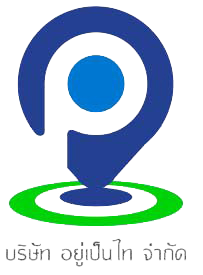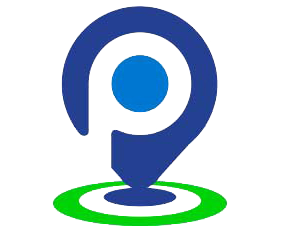MASH About Us
In 2011, the National Alliance for Recovery Residences (NARR) established national standards for recovery residences (including sober housing). These standards were developed using a collaborative https://ecosoberhouse.com/ approach with input from regional and national recovery housing organizations. MASH is an affiliate of NARR and used these standards to create Massachusetts standards for certified sober homes.
(b) The bureau shall establish and provide for the administration of a voluntary training and accreditation program for operators of alcohol and drug free housing seeking certification under subsection (d). In the state of Massachusetts, sober living homes are often gender- or age-specific. This makes it easier for residents to bond and create a supportive community within the house. While staying at a sober living home, you can involve yourself in your community’s activities, find full-time work, or take courses and skills training to have more choices when you eventually apply to jobs. Structured sober living programs can guide residents on key aspects of living, such as applying and going to work, managing money, and even dealing with interpersonal relationships. However, residents still experience more freedoms in these programs than they would in many residential treatment programs.
Certifying for the first time
Continuing substance abuse treatment, which may involve counseling and attending support groups, is intended to help prevent the cycle of relapse that often plagues people striving to conquer addiction. According to the California Department of Alcohol and Drug Programs (ADP), any facility offering one or more of the following non-medical services must be licensed to provide substance abuse treatment. Claim your free trial today and mash certified sober homes see why more sober living homes prefer the Sober Living App. Florida sober living homes are also monitored by a dedicated group of lawmakers and stakeholders in the state, called the Sober Homes Task Force, for insurance fraud and abuse. This task force plays a role in shaping legislation for the regulation of sober living homes in Florida. The first state to require mandatory licensing for all sober living homes was Utah, in 2014.
- Evidence that residents increase recovery capital through such things as recovery support and community service, work/employment, etc.
- Management wants the best for you and other residents.
- Recovery residences —formerly known as halfway houses — are licensed residential treatment programs, while Massachusetts sober homes are peer-led and do not provide treatment.
Additionally, a drug treatment hospital through the Department of Social Services may require licensing certificates from other government entities and licensed by the Department. Still, the Department must be deemed by Public Health as having a good standing. 29.b Residents find and sustain relationships with one or more recovery mentors or mutual aid sponsors. Residents are linked to mutual aid, recovery activities and recovery advocacy opportunities.
for Renewing certification
Evidence that staff are encouraged to have a network of support. Evidence that staff are supported in maintaining appropriate boundaries according to a code of conduct. Policies protecting resident and community privacy and confidentiality. Policies and procedures that comply with applicable confidentiality laws.
Spring Hill Recovery Center provides residential treatment for addiction and co-occurring mental health issues. However, some conditions may require treatment beyond our capabilities, and we reserve the right to medically discharge a patient for a higher level of mental health care. Although we don’t operate as a sober living home, Spring Hill does coordinate with nearby sober residences in Massachusetts to continue providing supportive treatment services for people in early sobriety.


0 comments